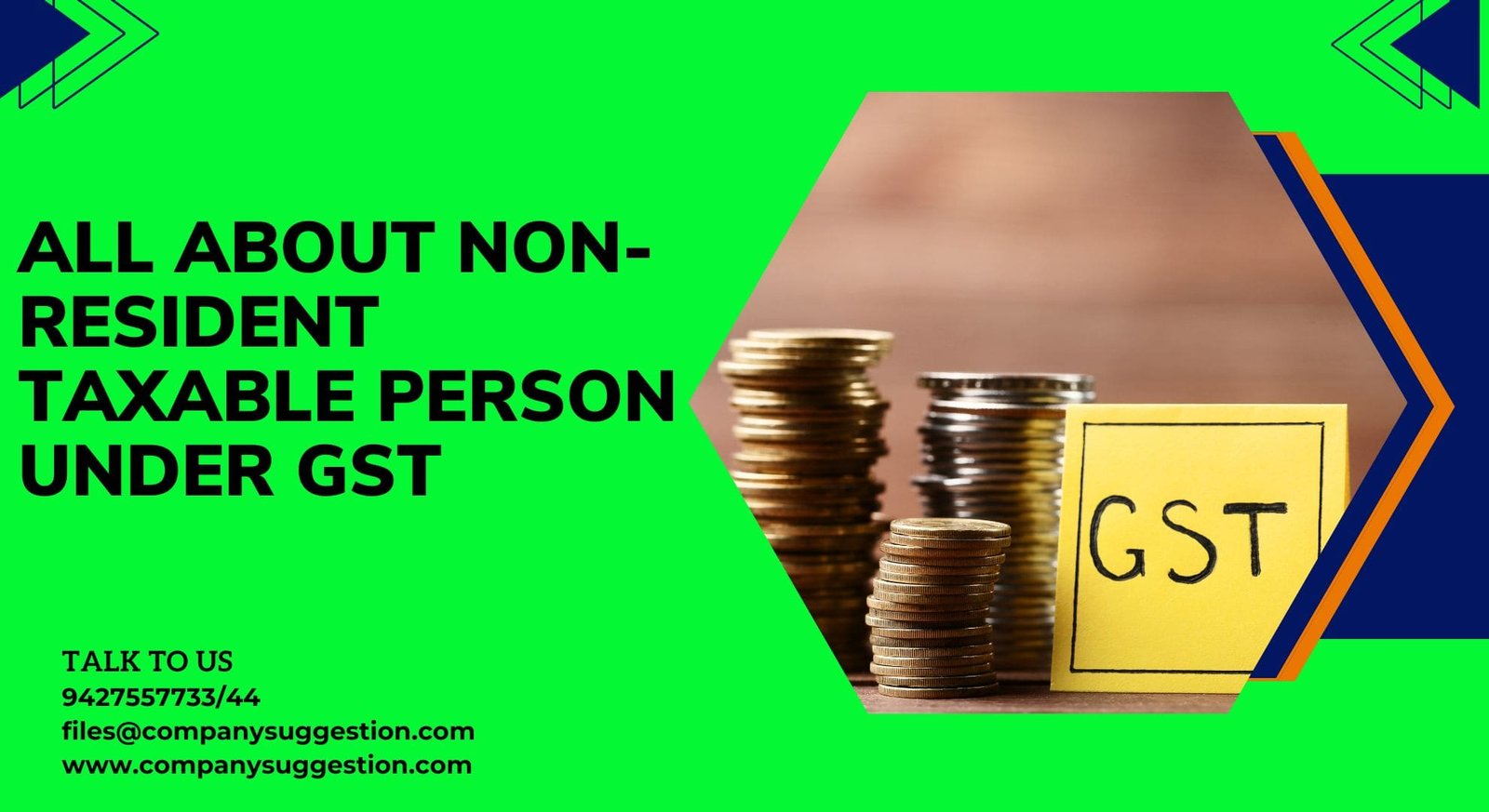Introduction
NGOs are called as Non-Government Organizations that conduct all the activities for the benefit of society or community at all. They execute work to enhance the welfare of community. They solve the various issues that has been face by the society or community.
GST is Goods and Service Tax that is levied on all types of goods and services in India except exempt or nil rated. In the contrary, GST would be levied on some goods and services that are supplied by charitable trusts and NGOs. There are also some criteria for the exemption of NGOs. It gives social impacts on charities and NGOs.
Who are eligible for exemption under GST?
For taking exemption under GST, there are two certain criteria given under below:
- The charitable trusts and NGOs must be registered under section 12AA of the Income Tax Act.
- The services provided by the charitable trusts and NGOs must be for charitable purpose only.
What is Section 12AA of Income Tax Act?
Registration of institution or an entity done by the principal commissioner under this section. Within a period of six months, order should be passed for granting or refusing registration. The Commissioner also have an authority to cancel registration of charitable trusts. This registration is done with an objective to receive exemption from Income Tax. If once the registration is done, then all the income of an entity will be exempt.
Activities exempt from GST as charitable trusts
There are some activities which defines as charitable activities and be exempt under GST:
- Public health services, as–
- Counseling of terminally ill persons or person with the mentally disabled
- People affected with HIV or AIDS
- Counseling for persons that addicted on narcotics drugs or alcohol
- Public awareness of preventive health and prevention of HIV infection
- Advancement of religion, spirituality or yoga
- Promote educational programs and skill development, such as—
- Physically or mentally abused peoples
- Prisoners
- Orphaned, Abandoned or homeless children
- Resident over the age of 65 years in rural area
- Prevention of environment (watershed areas, forests and wild life)
Hence, if a charitable trusts and NGO does not meet at least two certain criteria from the above, then GST would be applicable on entity and must be registered under GST on GST portal.
Are services exempt from GST provided by charitable trust?
No, only given above charitable activities are to be exempt from GST. Otherwise, all other remaining services except above provided by trust for consideration would be taxable under GST.
What about goods sold by charitable trust?
Goods sold by charitable trust must be taxable under GST. The GST would be paid on goods at the time of sale. There is no exemption limit on goods sold by charitable trust.
The GST rate applied on goods must be paid at the time of purchase and be collected at the time of sale.
Is GST registration is mandatory for NGOs?
The GST registration for NGOs are dependent on its income.
GST registration is mandatory for NGOs in such cases:
- If earning more than Rs 20 lakhs of aggregate turnover but in some states this limit down to Rs 10 lakhs such as Arunachal pradesh, Mizoram and Assam
- If supply of goods and services that are come under section 12AA
Conclusion:
At last, it can be conclude that GST would be paid by every entity or an organization but there are also some exemptions under GST Act. If you supplied goods and services for any charitable purpose, then you are not liable for paying GST. We have a team of legal experts who will help you in solve your queries. If you have any doubt about this, you can contact company suggestion.













